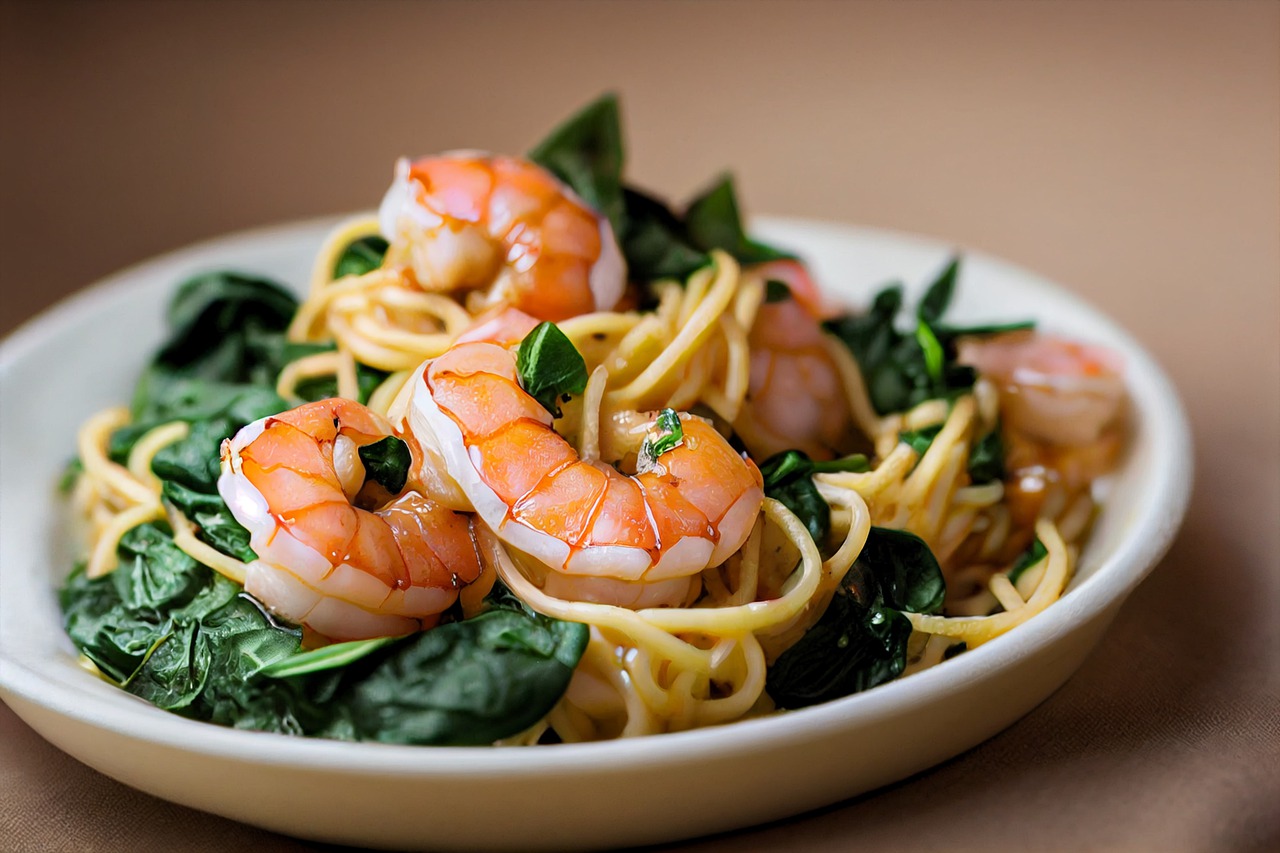The Role of Food in Personal Identity and Lifestyle Choices
Food choices are influenced by a multitude of factors that can vary greatly between individuals. One significant aspect is personal preference, where taste preferences, cravings, and favorite foods play a major role in determining what individuals choose to consume. Additionally, convenience and accessibility also play a key role in food choices, as busy lifestyles may lead individuals to opt for fast food or pre-packaged meals for the sake of time efficiency.
Furthermore, cultural and familial traditions can heavily impact food choices. The cuisine an individual grows up with and the traditions associated with certain foods can create strong emotional connections that influence future food choices. Social and environmental factors, such as peer influence, media marketing, and food availability in one’s surroundings, can also significantly shape the foods individuals choose to eat.
Cultural impact on food preferences
Food preferences are deeply rooted in culture and tradition, shaping the way individuals perceive and consume different types of cuisine. Cultural background plays a significant role in determining the ingredients, flavors, and cooking methods that people prefer. Through generations, families pass down recipes that reflect their heritage, creating a strong connection between food and cultural identity.
In addition, cultural beliefs and values influence food choices by dictating which foods are considered appropriate or taboo. For example, certain cultures may have dietary restrictions based on religious beliefs, such as abstaining from pork or beef. Moreover, cultural celebrations and rituals often revolve around specific foods that hold symbolic meanings, further solidifying the link between food and cultural heritage.
What are some factors that influence food choices?
Some factors that influence food choices include cultural background, personal preferences, health concerns, availability of food, social influences, and economic factors.
How does culture impact food preferences?
Culture plays a significant role in shaping food preferences by influencing the types of foods that are considered acceptable or desirable within a specific society. Cultural traditions, values, beliefs, and customs all play a role in determining what foods people choose to eat.
Can food preferences change over time?
Yes, food preferences can change over time due to a variety of factors such as exposure to new foods, changes in lifestyle, health concerns, and influences from other cultures.
How can individuals explore and embrace different cultural food preferences?
Individuals can explore and embrace different cultural food preferences by trying new foods, visiting ethnic restaurants, attending cultural food festivals, and learning about the history and traditions behind different types of cuisine.
Are there any negative consequences of not considering cultural impact on food preferences?
Yes, not considering cultural impact on food preferences can lead to cultural insensitivity, disrespect for traditions, and missed opportunities to experience the diversity of global cuisine. It can also contribute to the marginalization of certain cultural groups.





